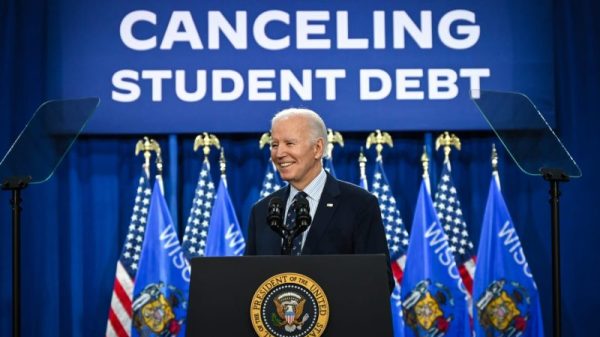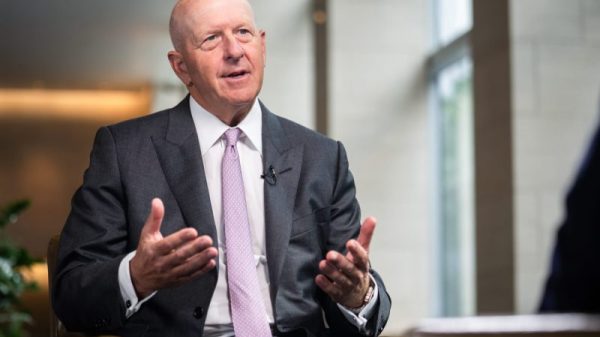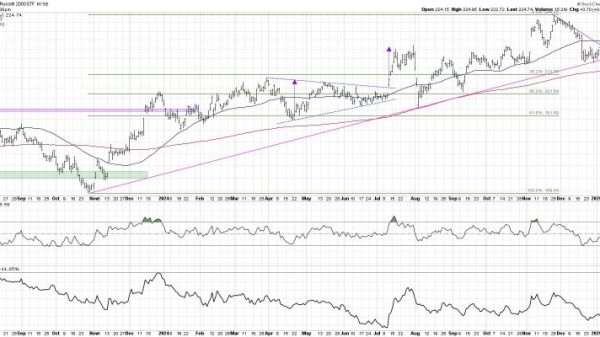After spending his days making wine in the foothills of the Caucasus Mountains, Tsotne Jafaridze returns home to Tbilisi, Georgia’s capital, and begins his new routine. He packs goggles, a gas mask and enough water and snacks to last several hours. He has another long night ahead.
Jafaridze is among thousands of Georgians who have for the past month gathered each night outside the country’s parliament, facing down tear gas and water cannons fired by increasingly brutal police, to protest a bill they fear will torpedo its bid to join the European Union and push it further into the Kremlin’s orbit.
The ruling Georgian Dream party is trying to force through a “foreign agent” law, likened by critics to a measure introduced by Russian President Vladimir Putin to quash dissent. The draft law, which has passed the second of three votes, would require organizations in the former Soviet country that receive more than 20% of their funding from abroad to register as “foreign agents” or face crippling fines.
Jafaridze, who also owns a travel business and says he receives 95% of his income from foreign sources, says he would “immediately” be listed as a foreign agent under the broadly-written law. But critics say the intended target of the legislation is not business owners like him, but Georgia’s independent media and civil society organizations, ahead of elections in October in which Georgian Dream, whose popularity is waning, is desperate to keep power.
Georgia’s government tried to pass the same law last year, but was forced into an embarrassing climbdown after a week of intense protests, which saw citizens waving EU flags buffeted back by water cannons. In a move widely seen as an effort to reward Georgia’s citizens – of whom about 80% support joining the bloc – and reverse the country’s drift towards Russia, the EU granted it candidate status in December.
But the government reintroduced the same bill in March and appears determined to force it through, despite protests that grow fiercer every week.
“At that moment they grabbed me, dragged me in and assaulted me,” he said, in an ordeal that lasted around 15 minutes. “They were telling me that I talk too much and they’d make sure I would not be able to any more.” Khabeishvili was seen speaking in Parliament the next day with his face wrapped in bandages.
‘This is not Belarus’
Many Georgians feel deep hostility toward Russia, which invaded Georgia in 2008 and occupies about 20% of its internationally recognized territory – about the same proportion it occupies in Ukraine. Despite recent Russian aggression against Georgia, Georgian Dream has long been accused of harboring pro-Russian sympathies and its billionaire founder, Bidzina Ivanishvili, made his fortune in the Soviet Union.
“Not many people believe that a person who makes billions in Russia is just let out of Russia without any commitments,” Buziashvili said. Many Georgians describe Ivanishvili as a “puppet master” and believe elected officials mostly dance to his tune.
Ivanishvili, once a frontline politician but now a reclusive figure, made a rare appearance Monday night, addressing a crowd of counter-protesters after thousands of people were bussed to Tbilisi from Georgia’s rural regions, where Georgian Dream enjoys more support.
His speech showed deep paranoia, conspiracism and had an autocratic streak. Ivanishvili claimed Georgia was being controlled by “a pseudo-elite nurtured by a foreign country.” He claimed the world was run by a “Global War Party,” which he suggested was responsible for Russia’s 2008 invasion. And he pledged to persecute his political opponents after October’s elections.
“The Georgian government is clearly siding with the Putinist, anti-liberal forces of the world,” Sabanandze, the former EU ambassador, said. “It’s turning into an instrument in the hands of Russia. I cannot speculate. I have no idea whether they’re working on Russia’s instructions, but they certainly are fulfilling their interests.”
As protests swelled in Tbilisi, Georgian Prime Minister Irakli Kobakhidze also appeared at the Conservative Political Action Conference (CPAC) annual gathering in Hungary. In his speech, Kobakhidze denounced the “so-called liberals” protesting outside parliament and said they were attacking “homeland, language, and faith.” Sabanadze noted the appeal that Hungarian Prime Minister Viktor Orban, Europe’s longest-serving leader, has to governments seeking to hold onto power.
The United States has criticized Georgia’s recent shift. State Department spokesman Matthew Miller said the foreign agent legislation and Georgian Dream’s “anti-Western rhetoric put Georgia on a precarious trajectory.”
Kobakhidze has hit back at the US criticism and on Friday accused Washington of attempting to stoke a revolution in Georgia “carried out through NGOs financed from external sources.”
Some have questioned why Georgian Dream reintroduced the foreign agent bill at this moment, almost exactly a year after it was first defeated. Ivanishvili explained in his speech that he had calculated the moment “perfectly:” by introducing the bill now, he hoped the energy of the protesters would be “prematurely wasted” and that their power would be “drained” before October.
In an interesting parallel, Ivanishvili said he was not like Viktor Yanukovych, the former president of Ukraine toppled by the Maidan protests in 2014, when thousands of Ukrainians demanded a European future – in scenes similar to those in Tbilisi today.
“He thinks that this situation here is different, that he’s more in control, and that he will not allow the kind of Maidan to take place in Georgia,” said Sabanadze. “But he might be underestimating the popular outrage.”
As the protests show no sign of slowing, some have questioned whether they could swell into something resembling a revolution. “If this government doesn’t withdraw this bill now, when they still have the chance, it will be hard for them to get to the elections. It’s a spiral at the moment,” said Sabanadze.
Jafaridze, the winemaker, says he has never seen the country so united. “I don’t think it’s possible to defeat these people. This is not Belarus. This is not Russia.”


































